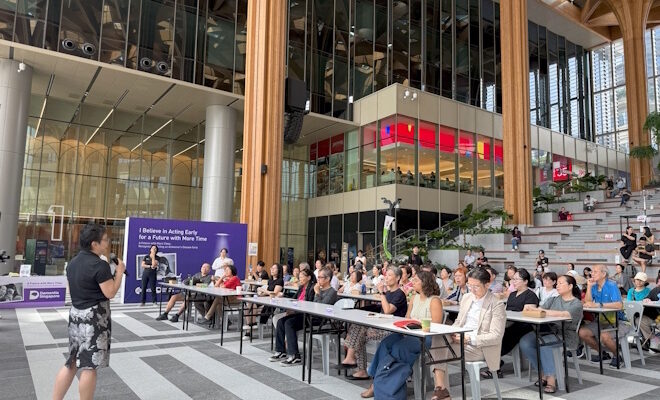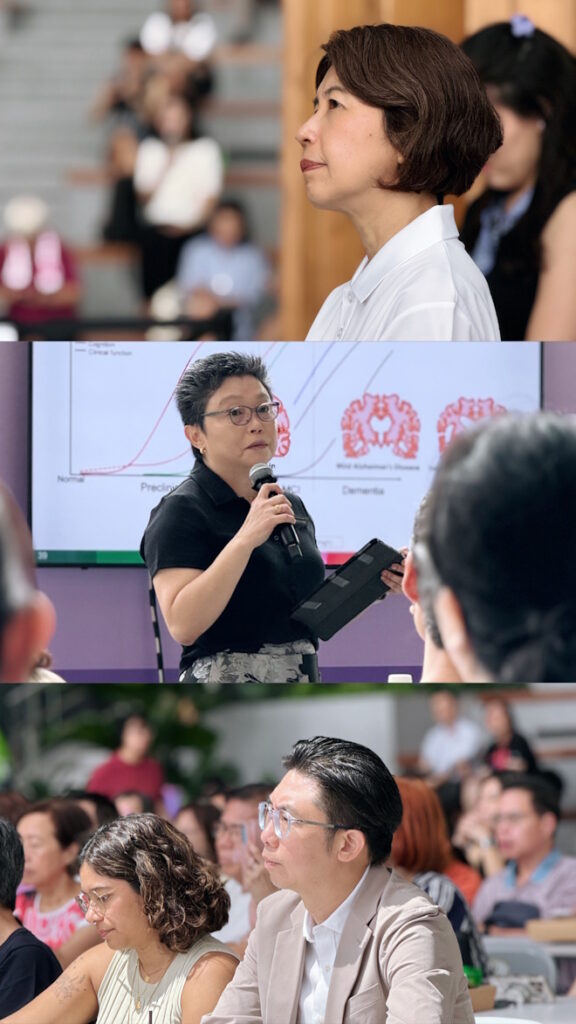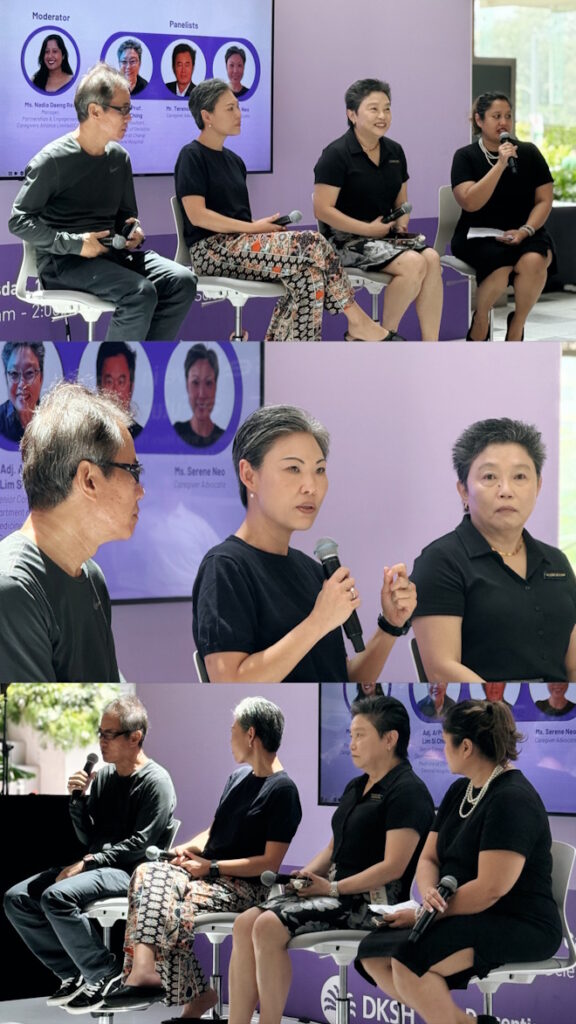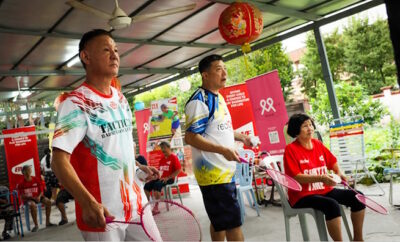
Health x Wellness
Singapore Approves New Alzheimer’s Treatment: A Turning Point for Diagnosis, Advocacy, and Community Care
Singapore has taken a meaningful step in reshaping dementia care with the approval of donanemab, a breakthrough treatment for early symptomatic Alzheimer’s disease.
Granted to DKSH Singapore, this regulatory milestone marks not just scientific progress, but a shift towards timely intervention and community-focused support—critical as the city-state braces for one of the fastest-aging populations in Asia.
Before They Forget
According to the WiSE study from the Institute of Mental Health, roughly 1 in 11 seniors aged 60 and above in Singapore live with dementia—a number projected to rise sharply as 1 in 4 citizens cross the age of 65 by 2030. The mounting care burden, coupled with persistent stigma around mental decline, has created a pressing need for solutions that are both clinically advanced and socially inclusive.

Before They Forget—a community event supported by DKSH and its partners—reflects this dual approach. The initiative fosters open dialogue around dementia and Alzheimer’s, welcoming caregivers, families, and medical professionals into a space where support, education, and empathy intersect. Crucially, it highlights that not all dementia is Alzheimer’s—underscoring the need for nuanced care strategies tailored to each diagnosis.
Beyond public forums, DKSH’s contribution extends across the healthcare continuum. Their digital-first platforms, including ConnectPlus, ConnectPatient, and the Patient Solutions Hybrid Platform, enable continuous monitoring and early symptom detection, making diagnosis more accessible and manageable.
These technologies complement Singapore’s evolving health initiatives such as Healthier SG, Age Well SG, and the Successful Aging policy, which promote preventive care through free screenings, nutrition guidance, and senior-friendly wellness programmes.

Effective treatment is only part of the puzzle
Dementia care often falls on families who face emotional strain, social isolation, and a lack of professional support. There are organisations such as the Caregivers Alliance, which offers training, resources, and respite services. Tackling the caregiving crisis requires not just manpower, but a mindset shift—one that DKSH is helping lead by investing in medical education, community advocacy, and practical tools that build confidence among caregivers.
With Alzheimer’s cases in the Asia–Pacific expected to triple to 71 million by 2050, the urgency is clear. But DKSH’s latest milestone is a reminder that innovation, when paired with outreach and education, can drive real change. In a region where memory loss is often met with silence or shame, this is a bold invitation to act early, support generously, and speak openly.
Because when it comes to Alzheimer’s, progress isn’t just measured in approvals—it’s seen in lives transformed, families supported, and communities empowered.
Photos credit to DKSH.






